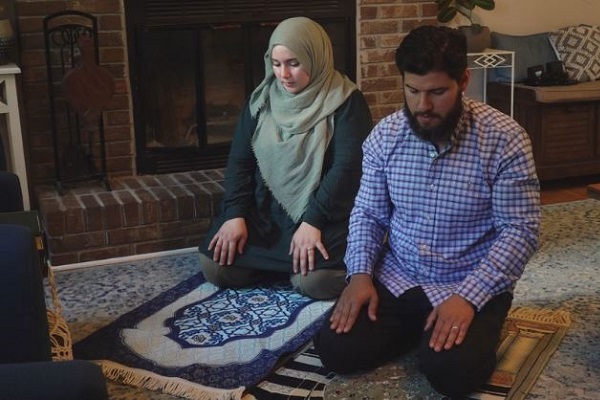Tennessee Muslim Woman Files Lawsuit Over Public Release of Mugshot Without Hijab

Soliz says the incident violated her religious rights and is seeking at least $250,000 in compensatory damages, along with unspecified punitive damages. The lawsuit was filed in the U.S. District Court in Knoxville, WBIR reported on Tuesday.
According to Soliz, the Knox County Sheriff's Office (KCSO) employee, identified as Sgt. Jonathan Burgess, unlawfully published her uncovered booking photo on the KCSO public website, despite warnings from her attorney not to do so.
"Requiring an observant Muslim woman to remove her hijab in front of men who are not her family members is humiliating and degrading—akin to requiring a woman to take off her shirt in public," the lawsuit states.
Read More:
Soliz's arrest occurred in May during a vigil in support of the Palestinian people at the University of Tennessee campus. She was charged with misdemeanor criminal trespass.
During the booking process, her mugshot was taken without her hijab, which Soliz says violated her religious rights and KCSO's own policies on handling mugshots of women who wear religious head coverings.
The lawsuit claims that KCSO policy specifically states that mugshots of Muslim women without their hijabs should not be published publicly. Despite this policy, Burgess allegedly posted the uncovered photo online.
Soliz’s complaint highlights communication among KCSO personnel discussing the proper handling of her mugshot, indicating multiple warnings were given to Burgess.
Read More:
Layla Soliz expressed her distress over the incident, stating, "I have done my best to practice and to uphold, as I said, for many, many years. So for, suddenly, after all of those years of doing my best to keep that part of my physical self private — to suddenly now have my image without hijab posted online is just really violating and really upsetting."
Attorney Joshua Hedrick, who is not directly involved in the case, commented on the situation, saying that lawsuits of this nature often revolve around finding a resolution rather than debating the facts. "I think it's without question that there was a policy in place and that this photograph was published in violation of that policy," he noted.
Hedrick suggested the court could consider injunctive relief, such as ordering the sheriff's department to undergo additional training or permanently remove the image. Alternatively, punitive damages could be imposed to ensure future compliance with the policy.
Source: Agencies



